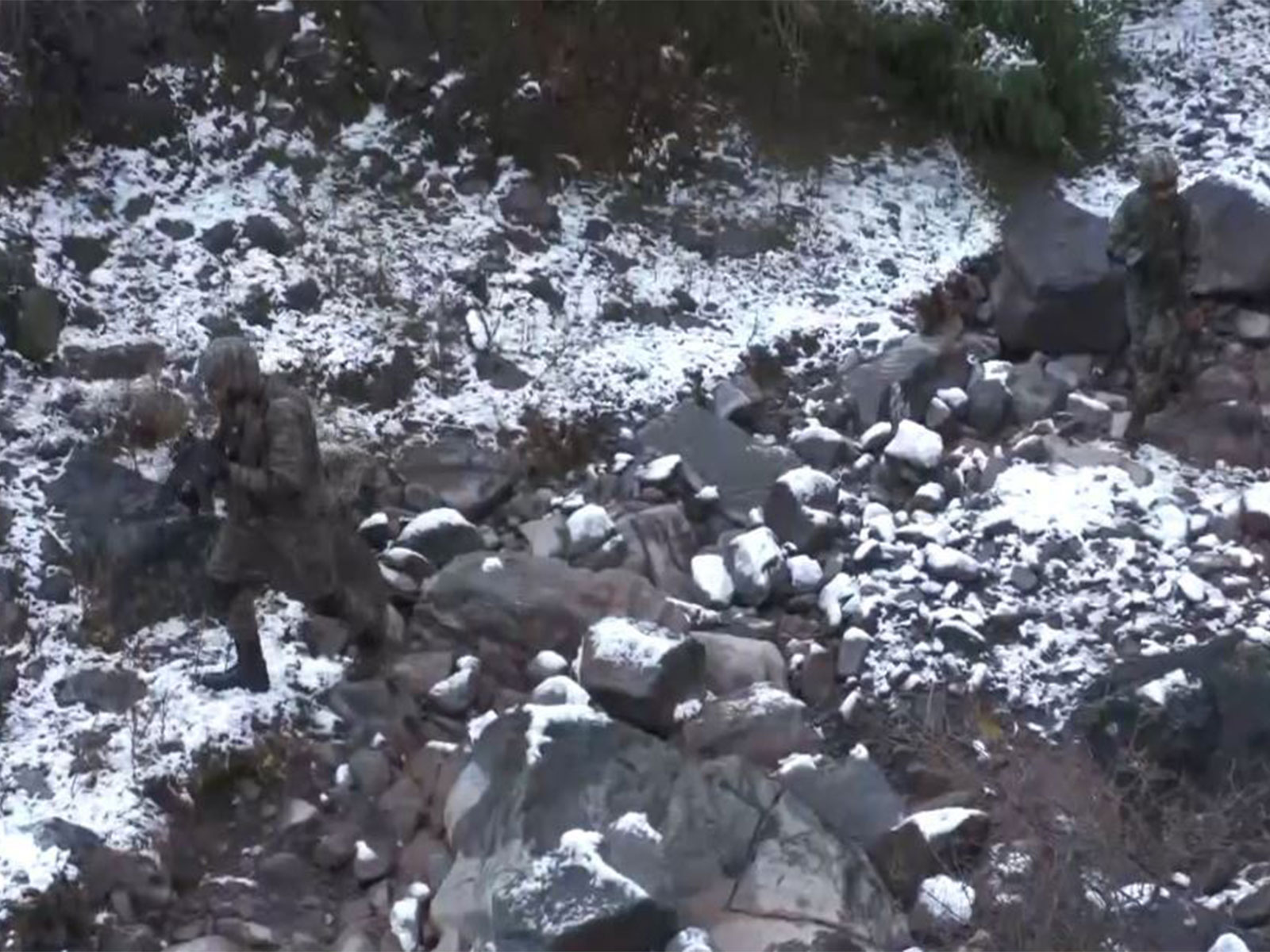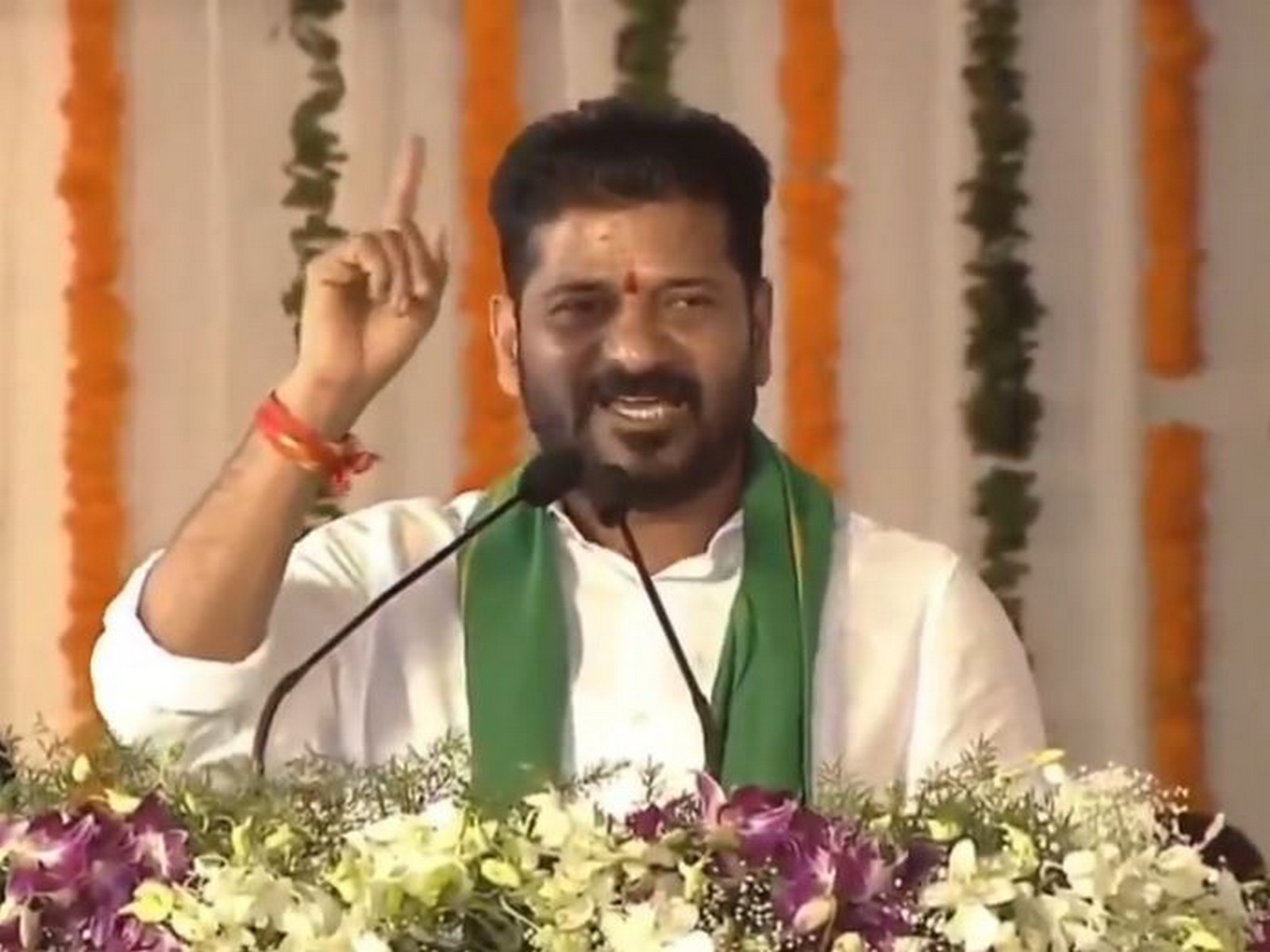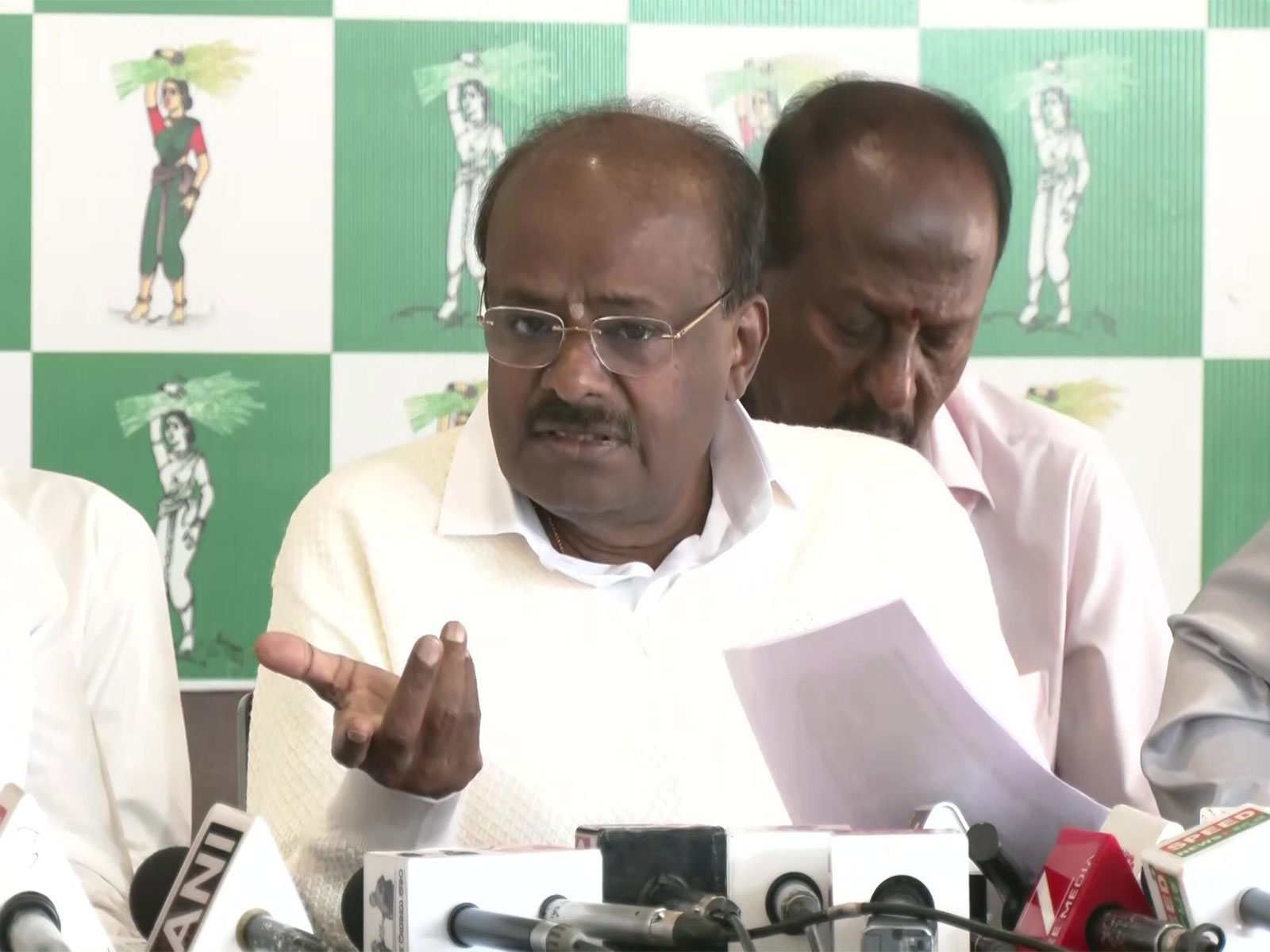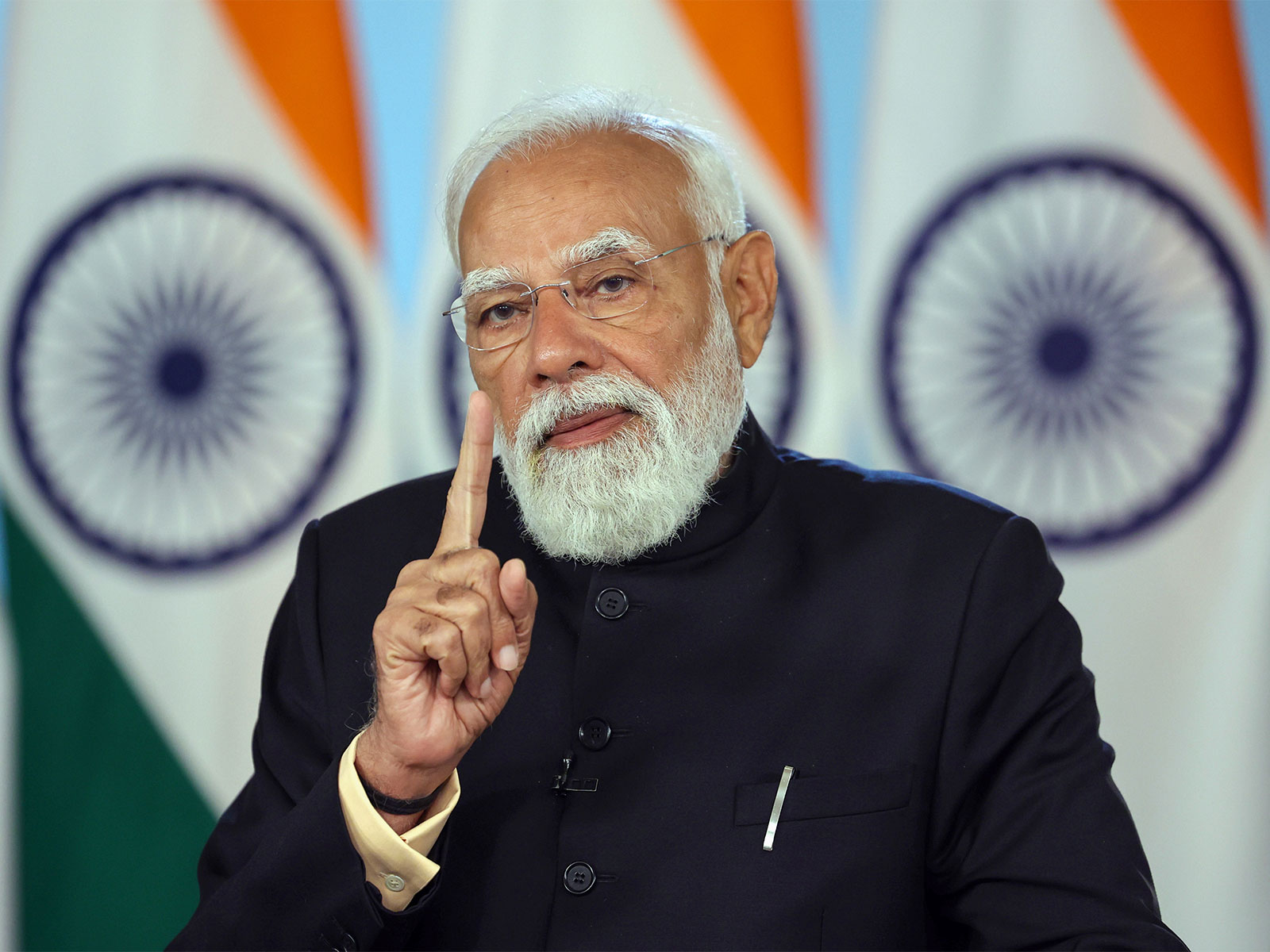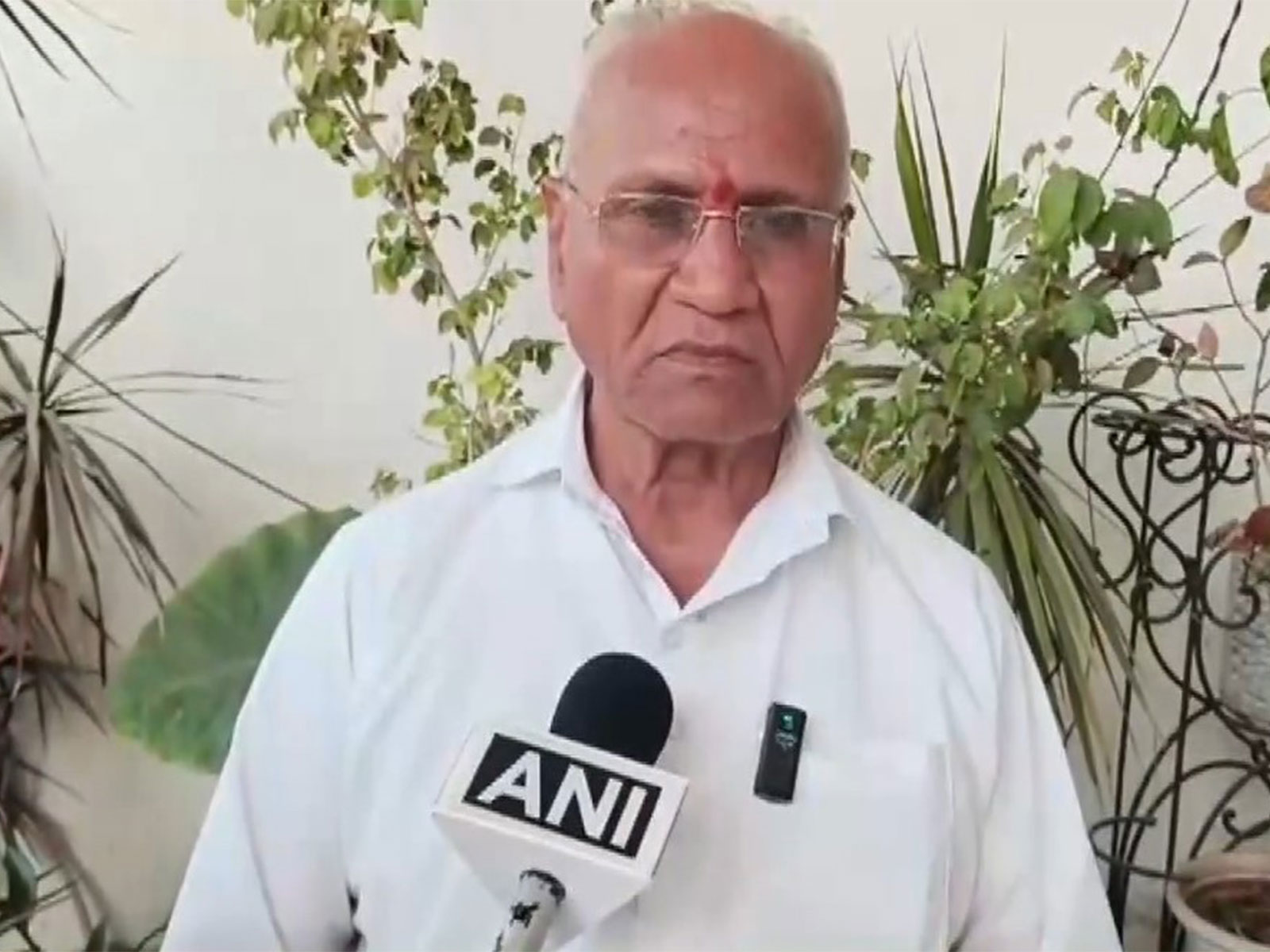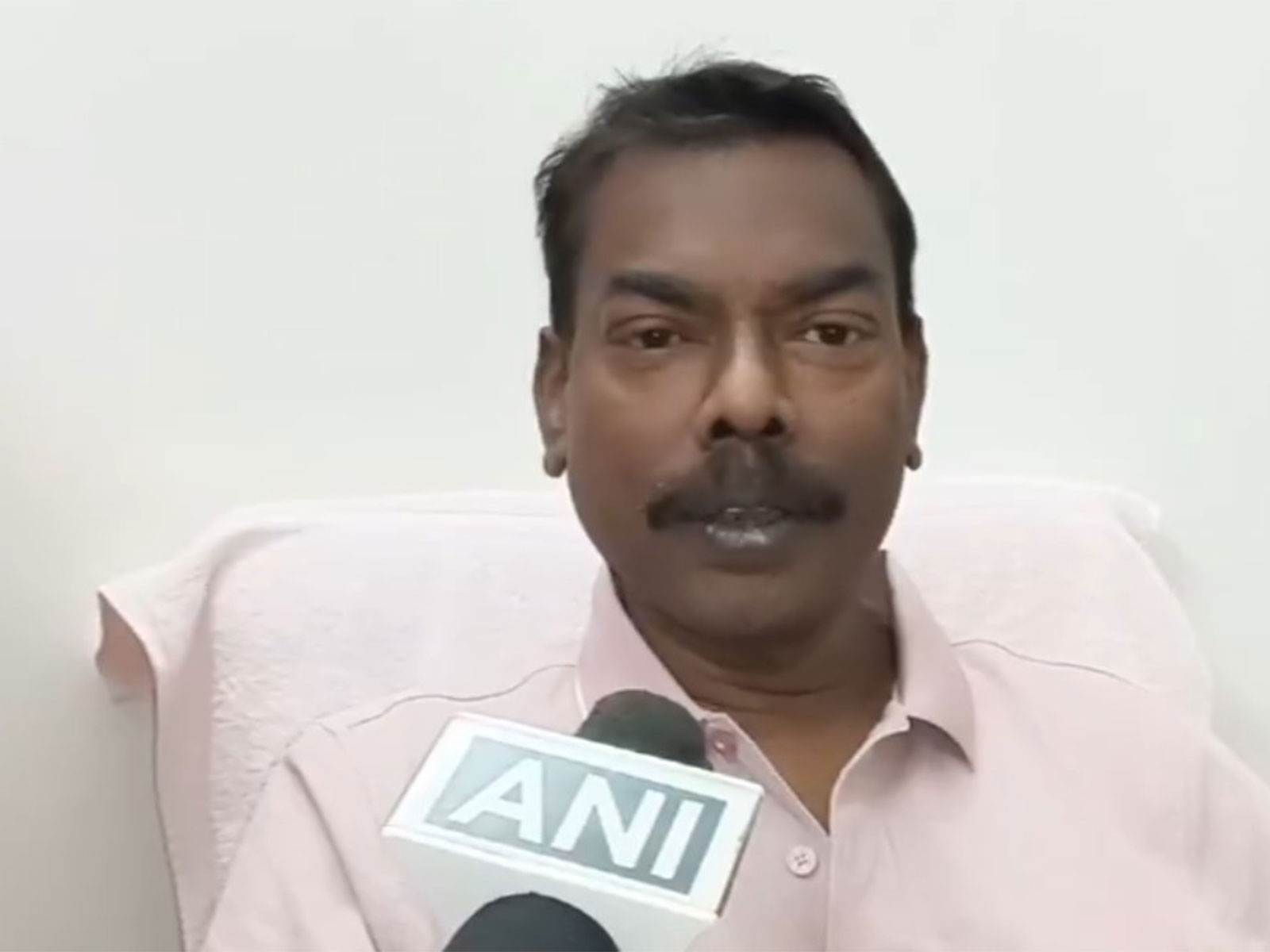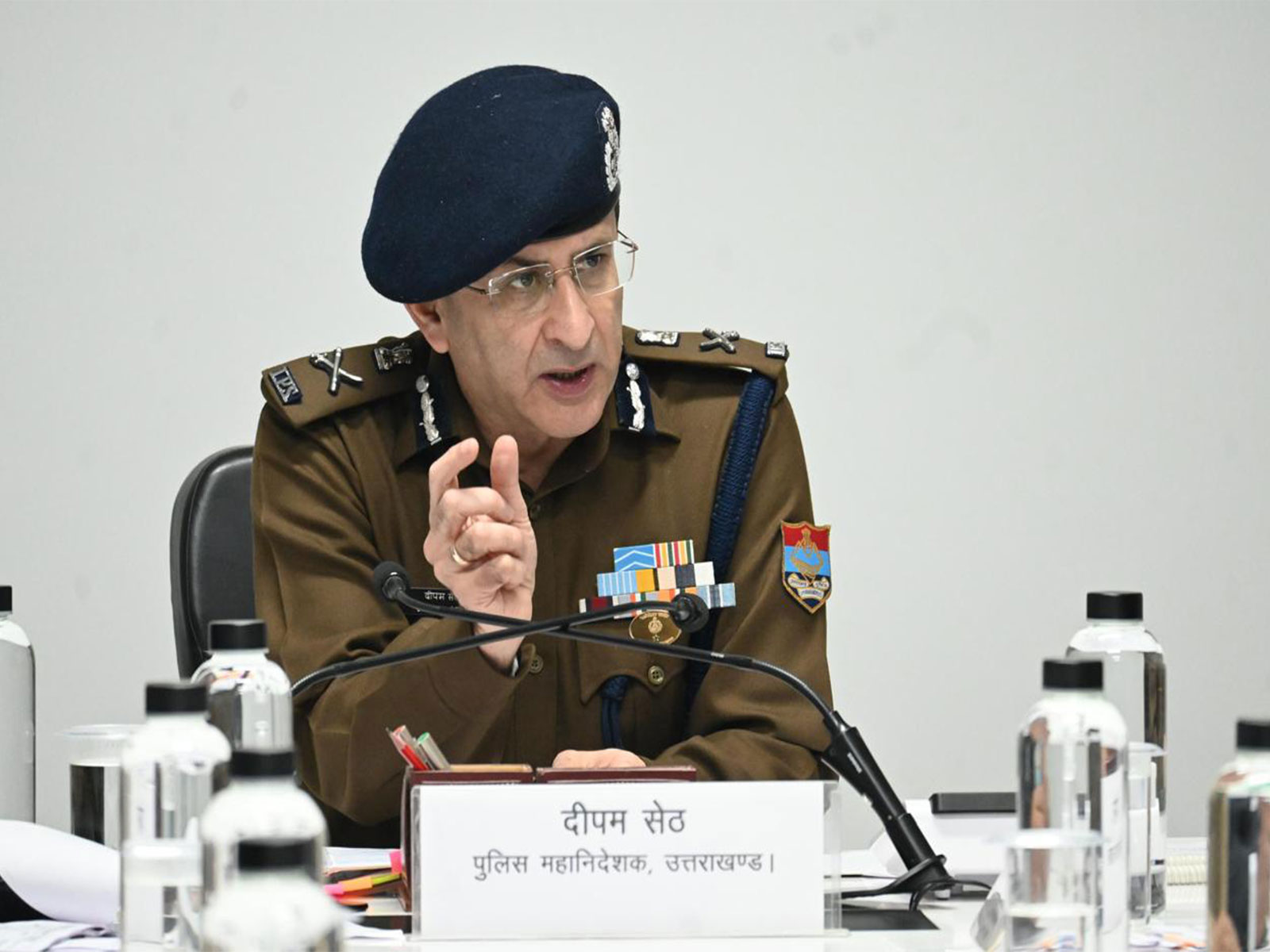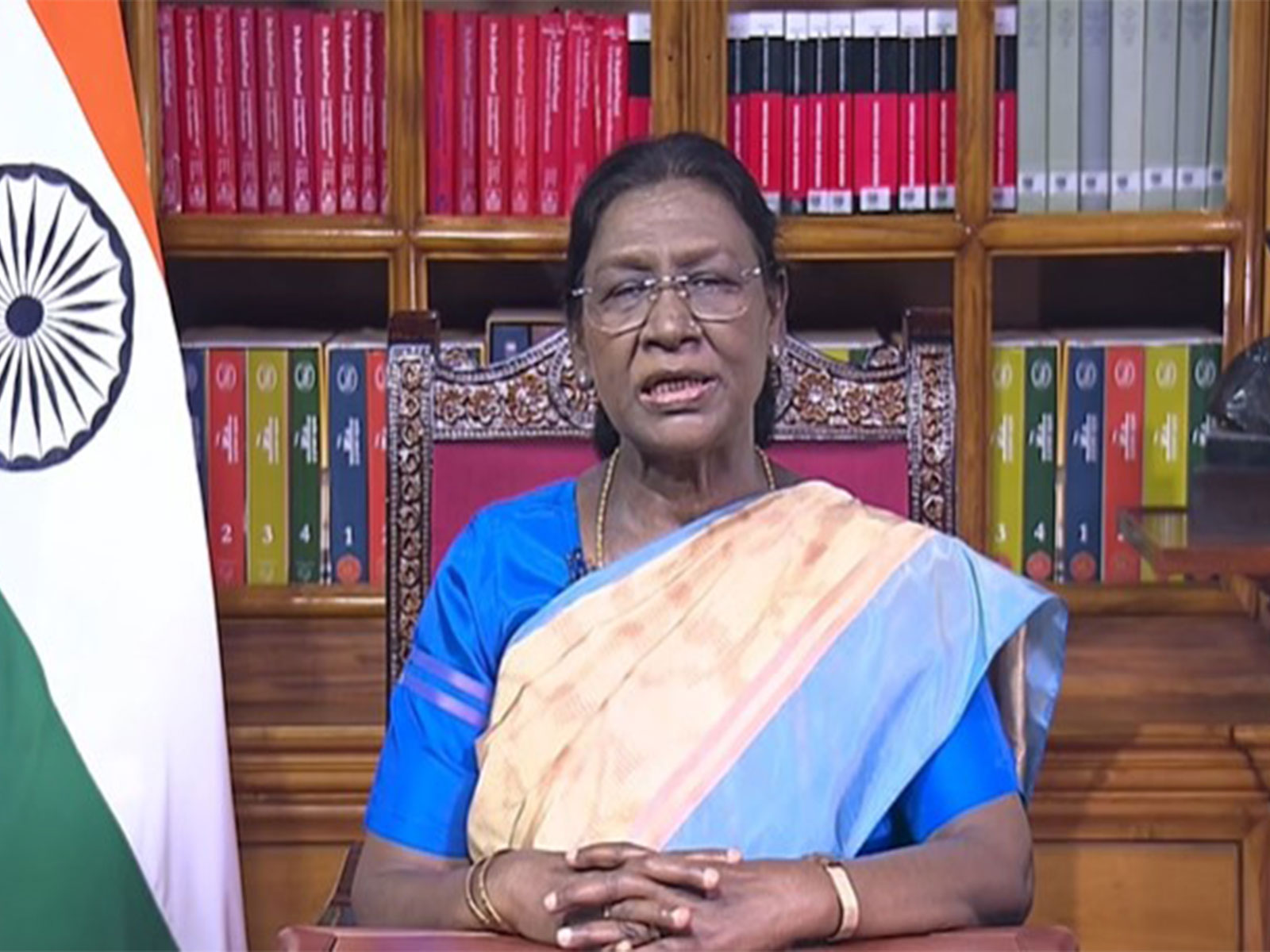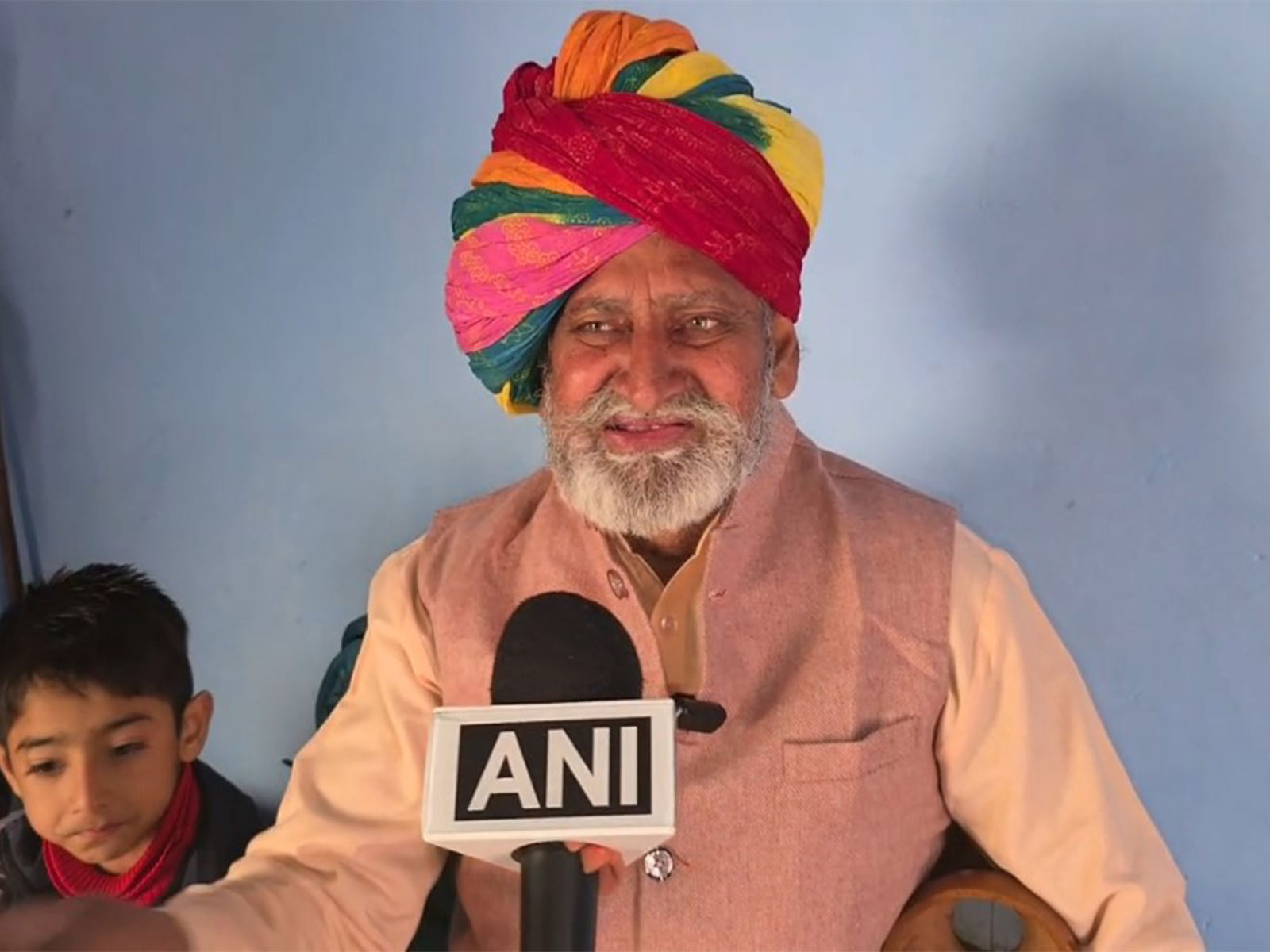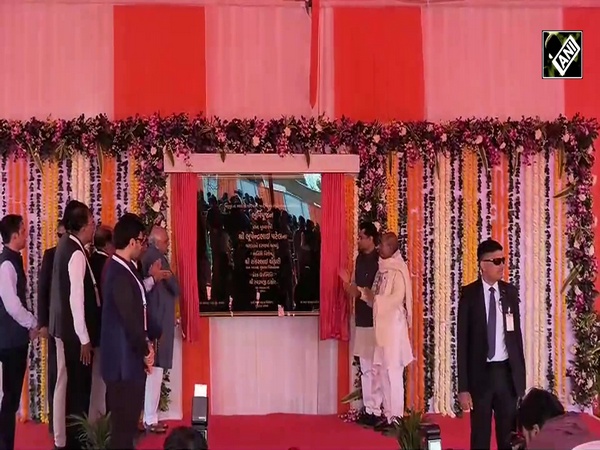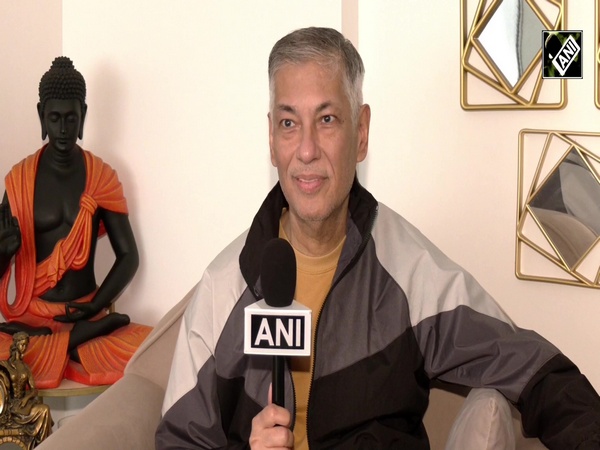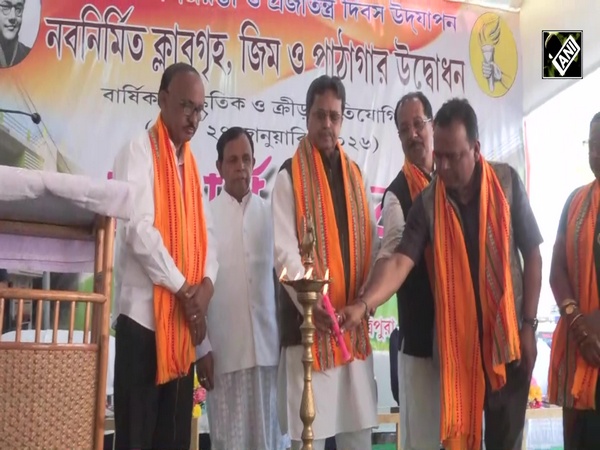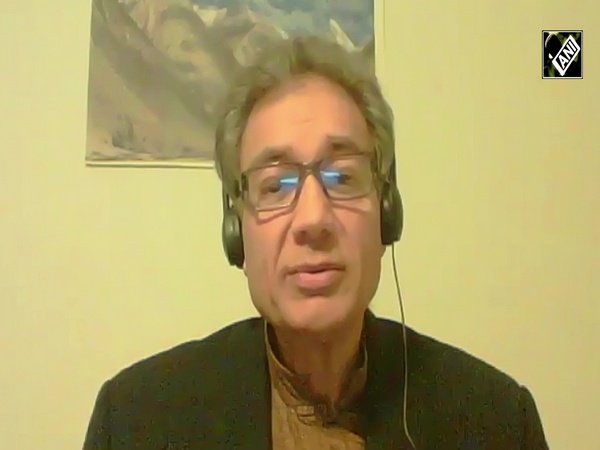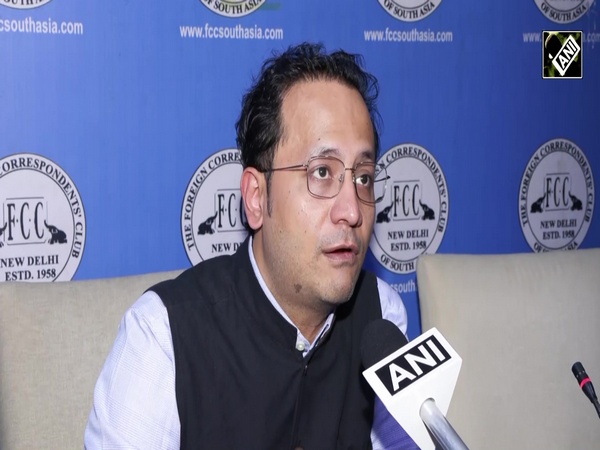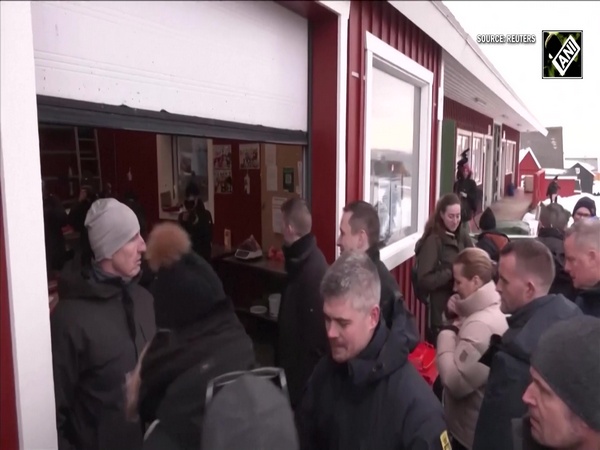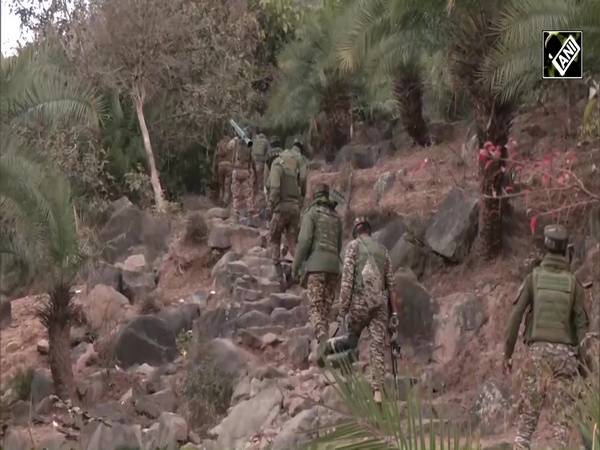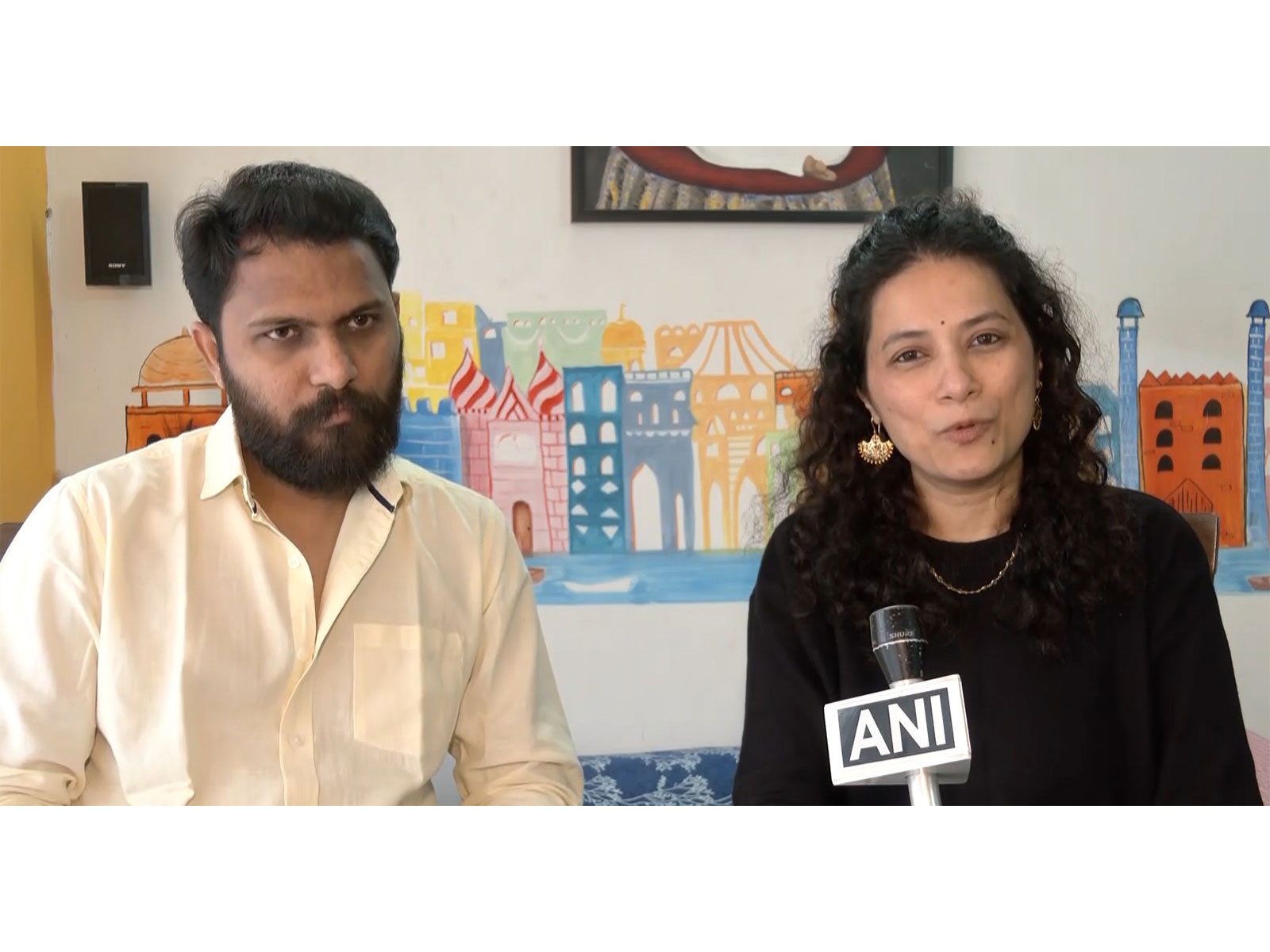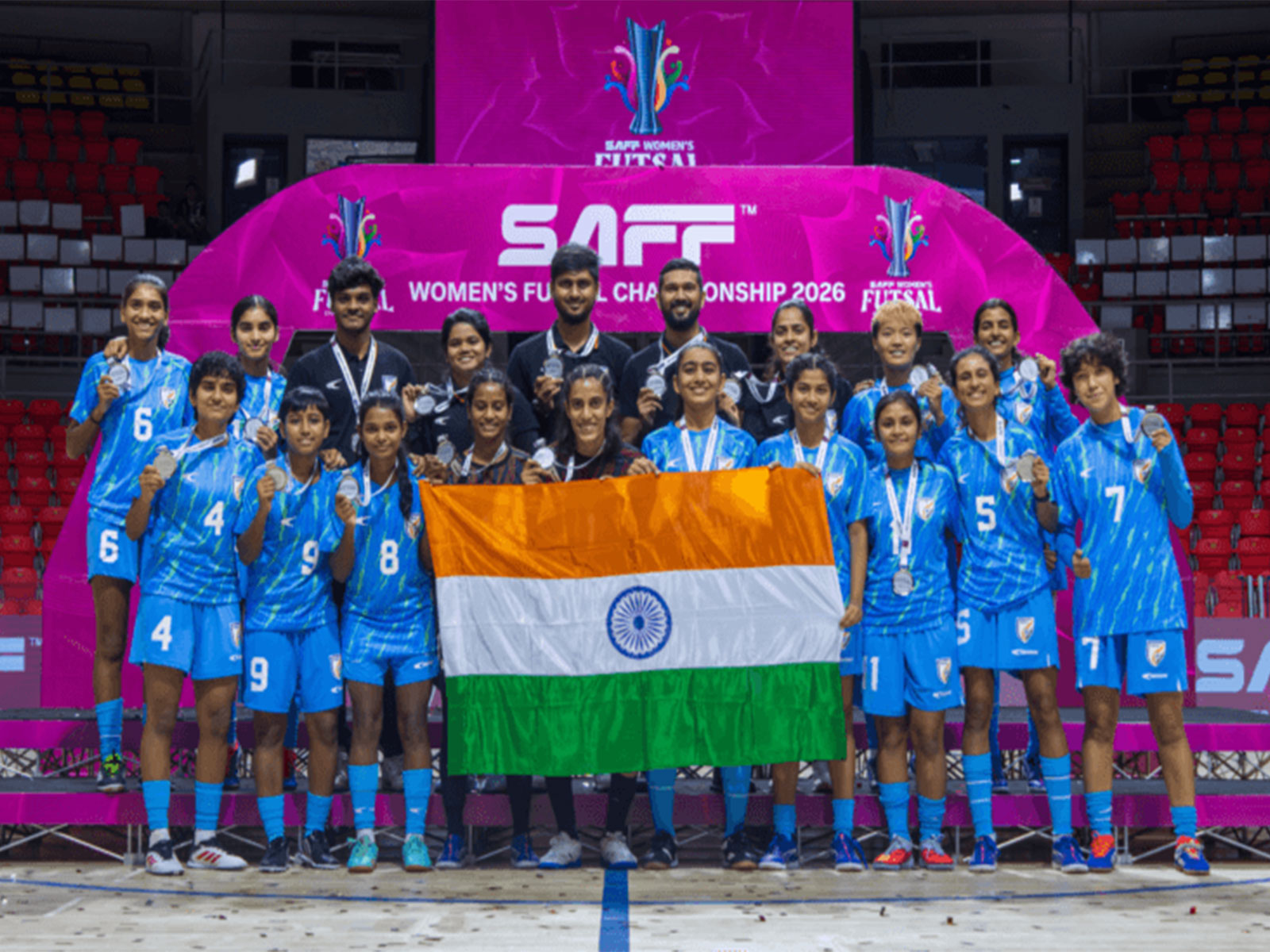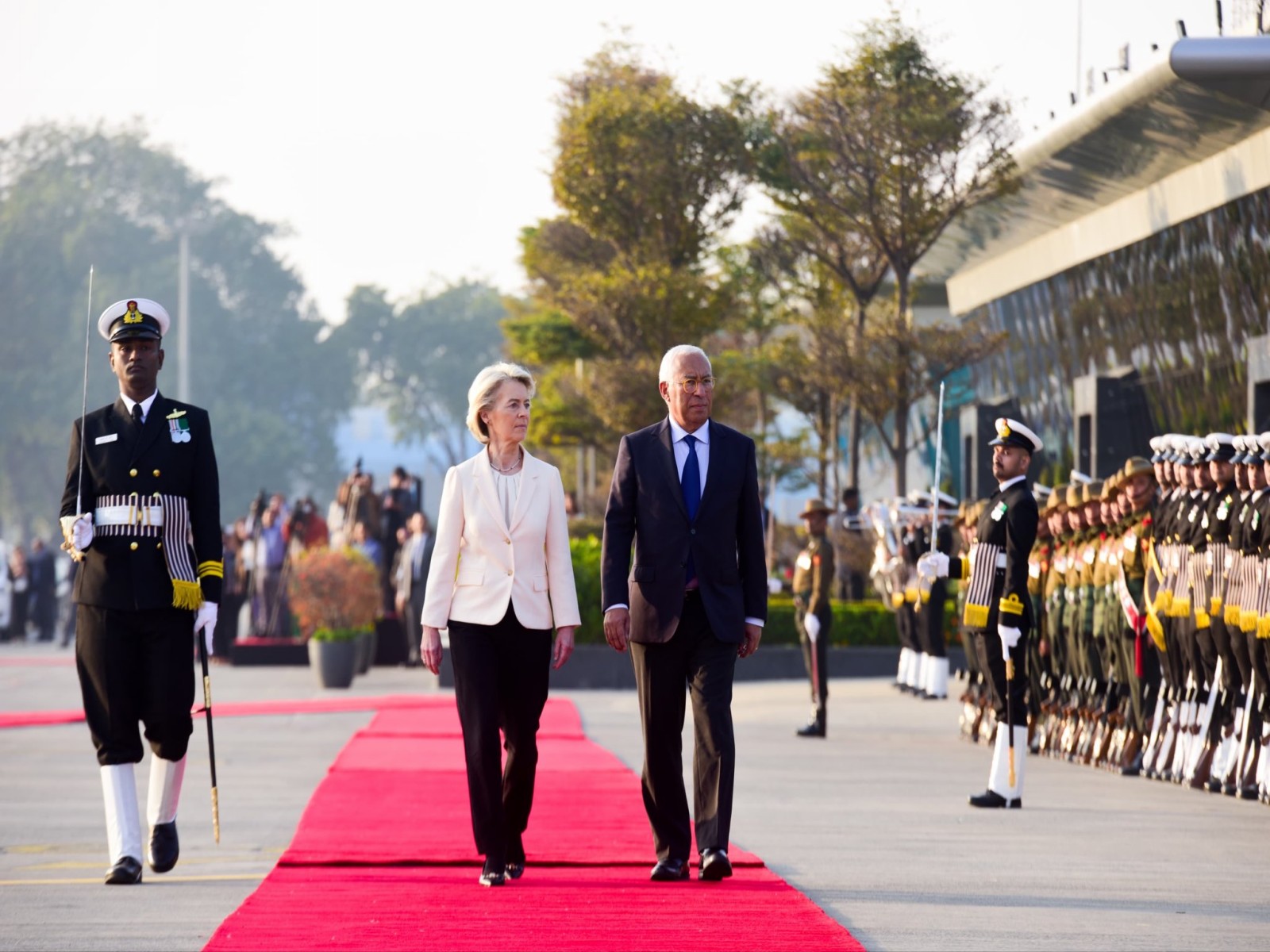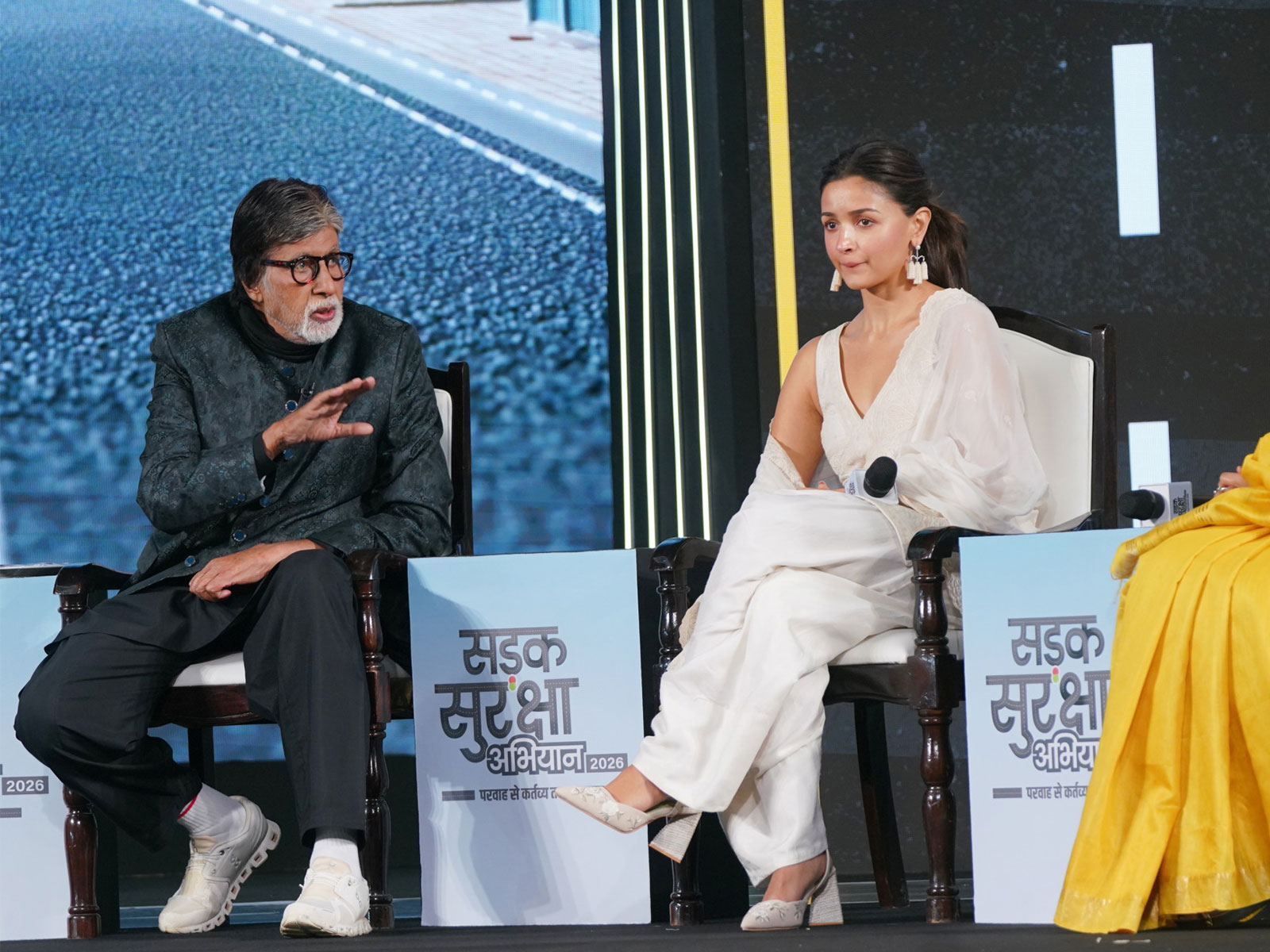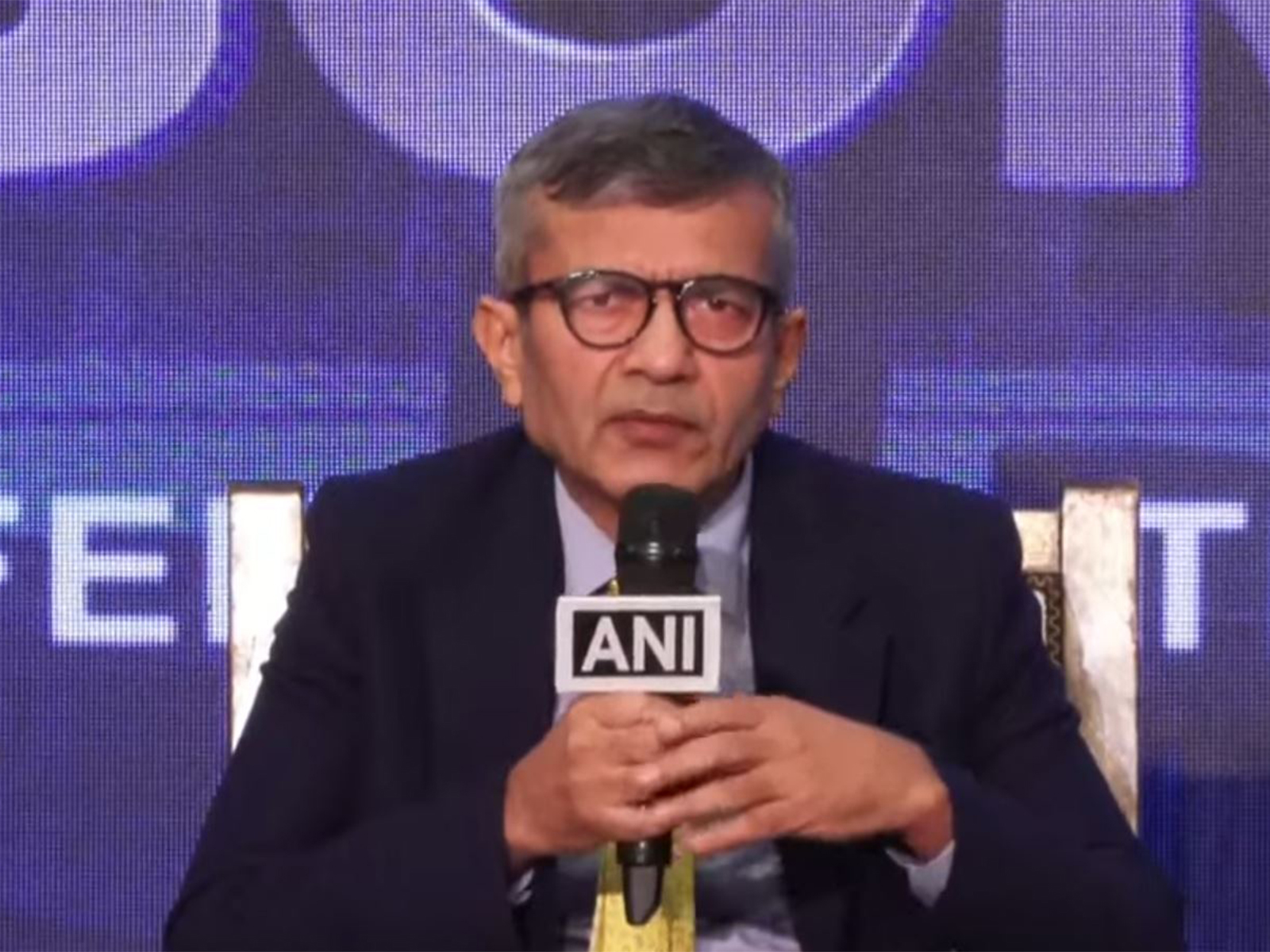
Delays not only domestic, but from abroad too: Defence Secretary on equipment orders
Nov 28, 2025
New Delhi [India], November 28 : Defence Secretary Rajesh Kumar Singh has said that while certain Indian companies have a "tendency to overpromise and under deliver" when it comes to defence equipment, it is not just domestic companies which have delayed orders, but rather various other countries are facing supply chain issues due to ongoing conflicts in the world.
Talking about the delay in S-400 air defence system from Russia, and the delays of certain orders from Israel, the Defence Secretary said that both the countries are facing supply chain issues due to the ongoing conflict in their respective regions.
"When I talk to HAL I will obviously go after the delays, but let me say in a more sort of open forum, that the delays are not just from domestic manufactures. You have seen the S-400 (air defence system) get delayed due to the conflict. Israel orders, many of them are delayed because of the conflict they are facing. There are supply chain issues which have affected them in context of General Electric Engines (HAL) that they have to wait for, so not all of them are solely attributable to domestic manufactures," the Defence Secretary said while speaking at ANI's National Security Summit.
However, he added to curb such delays the government is looking to introduce new rules, including foreclosing any deal if deliveries are not made within a year.
"There is a tendency to over promise and under-deliver. We will need to start tacking down much more supply LD clauses much more. In the current round of emergency purchases that we are doing we are actually taking a much more tough stand that any case where delivery is not done within 1 year, that will be foreclosed. I intend to sort of ensure that it is done, irrespective of who it is, which country, which company. Hopefully those kind of decisions will bring in some of accountability," he added.
Regardless of delays, the Indian government still has planned various other international cooperation for jet engines, with the Intellectual Property Rights (IPR) to be fully held in India too.
"We are in the process of finalising our program with a leading international engine house to co-develop a 120KN jet engine entirely domestically produced with full IPR to be held in India. That is hopefully going to go to top level in government soon...that will happen but it will take around 10-12 years," he said.
Similarly, on the Kaveri engine project, while the Defence Research and Development Organisation (DRDO) has not been able to reach the required parameters, they are looking to use the engines in the Unmanned-Combat Aerial Vehicle (U-CAV), which could then be licenced too. Multiple Indian companies have already participated in the U-CAV tender, according to Secretary Singh.
"The decision on Kaveri (engine project), the decision DRDO has made since they have not been able to reach the required thrust to weight ratio, they will use it for their U-CAV program. Hopefully that will enable them to licence that technology to private sector partners who participate in U-CAV tenders, one of which is out right now. A mind boggling 24 Indian companies with various partners have bid for that tender," he added.
Meanwhile, speaking on domestic defence manufacturing, Hindustan Aeronautics Limited's Chairman and Managing Director said that today the company has an order book of upwards of ₹2 lakh crore, with every single product indigenously developed, save for 15 Sukhoi Su-30
"Today the order book is upwards of Rs 2 lakh crores and every single product is homegrown. Except for the 15 Sukhoi Su-30, which are in order, the balance orders are the Prachand, the Tejas, the HTT-40s, and the Utility Helicopter Maritime (UHM), which is under development, will come out. We also have a civil version of Dhruv, which is under certification. Next year we will have the Dhruvs also in place. These are all coming out of our own design products," the HAL chairman added.
S-400 systems were one of the air defence systems successfully used to bring down various Pakistani planes during Operation Sindoor. As such, India is India is looking to buy a large number of missiles worth around Rs 10,000 crore from Russia.
The S-400 air defence system of the Indian Air Force brought down five to six Pakistani fighter aircraft and one spy plane at a distance of over 300 Km deep inside Pakistan during the four-day conflict and has been termed as a game-changer by the Indian Air Force.
Russian President Vladimir Putin is also likely to visit India in the near future, with the Indian government discussing the order then too. Earlier, External Affairs Minister S Jaishankar met with President Putin in Moscow too along with other delegations in the Sanghai Cooperation Organisation (SCO).
